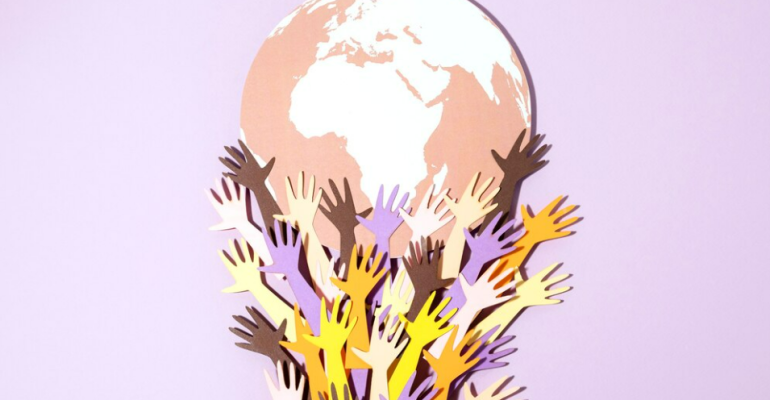Global Perspectives
Global Perspectives
In an increasingly interconnected world, the need for international cooperation in religious and cultural spheres has never been more apparent. MBA graduates, with their global perspective, strategic thinking, and diplomatic skills, are uniquely positioned to navigate the complex tapestry of international relations, aiding in the promotion of global peace, understanding, and cultural preservation.
Bridging Cultural Divides with Strategic Communication
Effective communication transcends languages and cultures, a skill often honed in an MBA program:
- Negotiation and Diplomacy: MBA graduates learn the art of negotiation, essential for resolving conflicts and finding common ground among diverse groups.
- Public Relations: Crafting cohesive and sensitive messages can help organizations improve their international image and build global partnerships.
Fostering Global Partnerships
Building international relationships is key to global cooperation:
- Networking: Global summits, conferences, and cultural exchange programs provide opportunities for networking and establishing partnerships.
- Collaborative Projects: Working on international projects promotes a sense of unity and shared objectives, encouraging ongoing collaboration between countries and cultures.
Financial Management for International Operations
Managing finances across borders is complex and requires a sophisticated understanding of global economics:
- Budgeting and Finance: Skillful budget management ensures the viability of international programs and events.
- Fundraising: Global fundraising efforts require knowledge of international finance laws, currencies, and investment strategies.
Cultural Sensitivity and Ethical Leadership
Leading with empathy and ethics is crucial in the international arena:
- Cultural Awareness: MBAs are trained to approach business with an understanding of cultural nuances, crucial for international relations.
- Ethical Decision-Making: Making decisions that respect the values and norms of different cultures enhances an organization’s global reputation.
Resources for Further Reading:
- The United Nations Alliance of Civilizations (UNAOC) – A United Nations initiative aimed at improving intercultural and interreligious dialogues across the globe. Website
- The World Bank’s Cultural Heritage and Sustainable Tourism Program – Focuses on preserving cultural heritage while promoting tourism and fostering cooperation. Website
- International Council of Museums (ICOM) – Provides standards and guidelines for cultural preservation and promotes international collaboration. Website
In conclusion, MBA graduates play a pivotal role in international religious and cultural cooperation, leveraging their comprehensive skill set to bridge divides, foster dialogue, and create a more understanding and cohesive world. Their ability to navigate the complexities of global interactions makes them invaluable in efforts toward international harmony.








